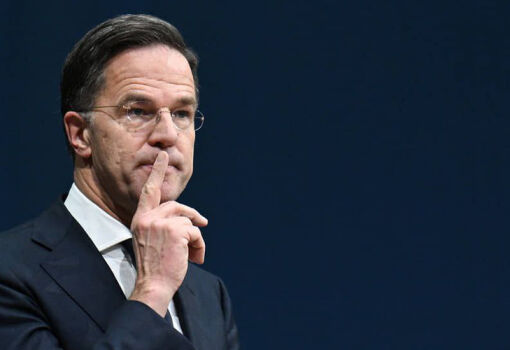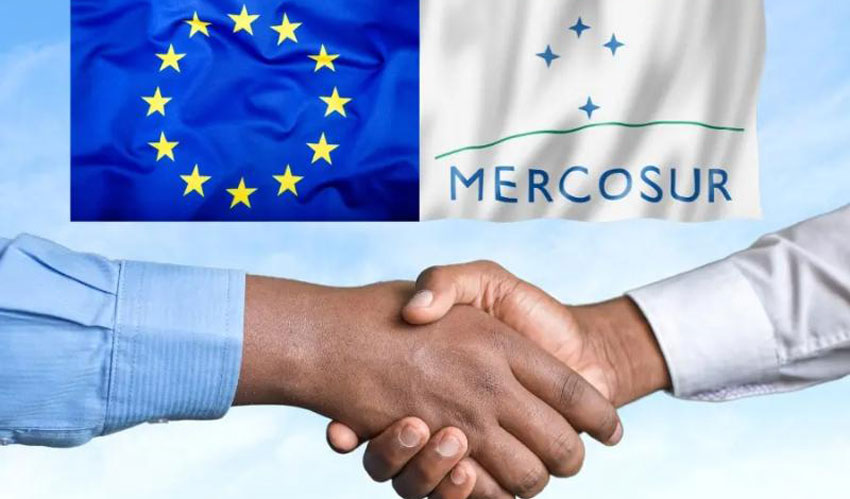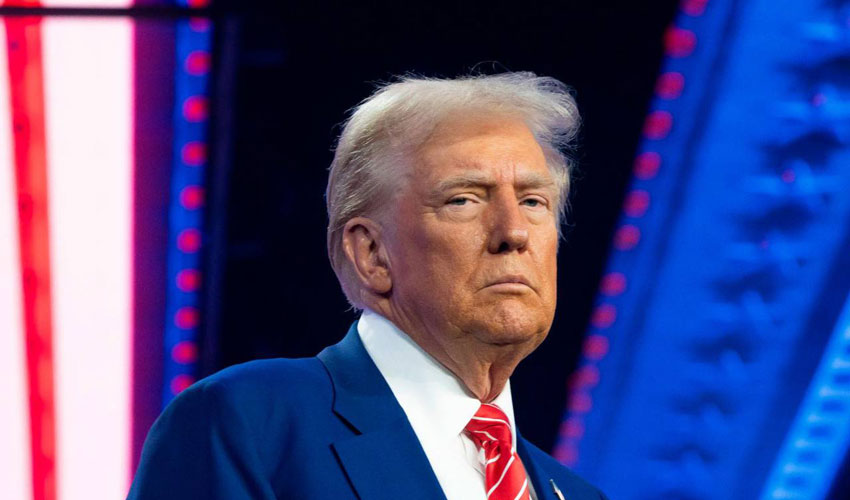
The draft decision of the NBM executive committee, which should be approved after October 10, has been put up for public discussion, but the link to the document, where people can leave their proposals, does not work. The only thing known is the agenda of the executive committee meeting, where the regulation “concerning the currency sphere” will be approved.
There is also an explanation that “the draft decision aims at adjusting the provisions of some normative acts of the NBM related to the foreign exchange field” to the amendments introduced in the Law no. 62/2008 on foreign exchange regulation, as well as to a number of amendments aimed at the process of authorizing foreign exchange operations by the NBM, in order to ensure their unambiguous interpretation and simplify the application of the respective norms by residents.
Also, before the meeting of the NBM Executive Committee, I would like to get acquainted with the public opinion on two more normative acts: the draft “On modifying the Instruction on submission by banks of COREP reports for supervisory purposes, approved by the Decision of the Executive Committee of the National Bank of Moldova No. 117/2018” (counterparty credit risk). (counterparty credit risk) and the draft “On amending the Regulation on some aspects related to the export and import of cash and traveler’s checks by banks, approved by the Decision of the Executive Committee of the National Bank of Moldova No. 165/2019”.
In 2025, the National Bank continued the liberalization of foreign exchange regulation by amending the Law on foreign exchange regulation No. 62/2008. The objective is to bring the national legislation closer to the EU norms, in particular to the provisions on free movement of capital.
Thus, Law No. 124/2025 was adopted in June, which introduced amendments aimed at further simplification of foreign exchange capital transactions. The process of adapting the legal framework to the EU norms in the field of currency regulation (provisions of Article 267 of the Association Agreement with the EU), concerning the free movement of capital, implies further removal of restrictions on transactions with foreign currency assets.













